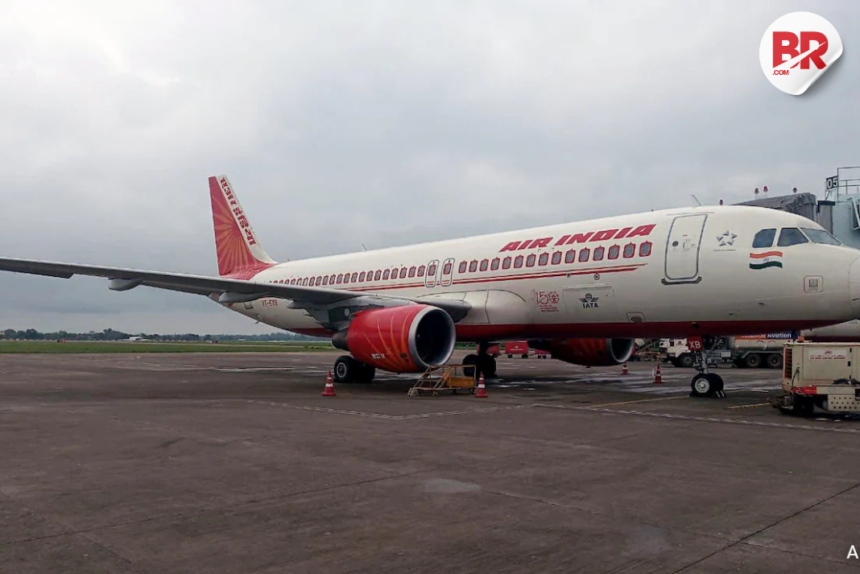India’s flagship airline, Air India, is facing serious heat from the aviation regulator. The Directorate General of Civil Aviation (DGCA) has removed three top officials from their roles in crew scheduling. Why? Because two international flights from Bengaluru to London were operated beyond the allowed flight duty limits.
Yes, Air India let its pilots fly longer than permitted. That’s not a small issue. It directly affects pilot fatigue, passenger safety, and overall operational discipline.
The DGCA’s warning is sharp: fix this now, or risk losing your flying licence.
What Went Wrong?
It started with an audit. DGCA inspected Air India’s Integrated Operations Control Centre (IOCC). That’s the nerve centre where crew schedules, flight plans, and real-time operations are handled.
During the audit, the DGCA found that two Air India flights—AI133 on May 16 and May 17—exceeded the 10-hour flight duty time limit. These weren’t emergency flights. They were regular long-haul services. That made things worse.
The regulator said this clearly violated Para 6.1.3 of the Civil Aviation Requirements (CAR). As a result, a show cause notice was issued to the airline’s accountable manager.
Air India Responds
Air India acted fast. It acknowledged the DGCA’s findings and removed the three unnamed officials. The airline also said that its Chief Operations Officer would now directly monitor the IOCC.
A company spokesperson added, “Air India is fully committed to safety and compliance.”
But the questions don’t end here.
Also Read Ticket Prices Drop Sharply on Key Routes After Air India Dreamliner Crash — Check Updated Fares
What’s Really Going On?
- Why didn’t the system stop this from happening?
- Are software alerts being ignored?
- Is someone manually overriding safety rules?
There’s growing concern that Flight Duty Time Limitations (FDTL) are not being respected. These rules are in place to ensure that pilots are well-rested and qualified for their routes.
For example:
- Pilots must be paired based on their combined flight hours.
- They need proper certifications for specific routes like the Atlantic or high-altitude airports.
- All licences must be valid and regularly updated.
These aren’t just checkboxes—they’re non-negotiables for passenger and crew safety.
DGCA Isn’t Bluffing
The DGCA has given Air India just seven days to explain. If they don’t respond properly, enforcement action will follow. And yes, that could include suspension of the airline’s operating permit.
That’s a big deal for a full-service carrier that represents India internationally.
This isn’t just about a scheduling glitch. It’s about trust, discipline, and aviation safety. If Air India wants to compete globally, it must follow global standards—not just with service, but with systems too.




